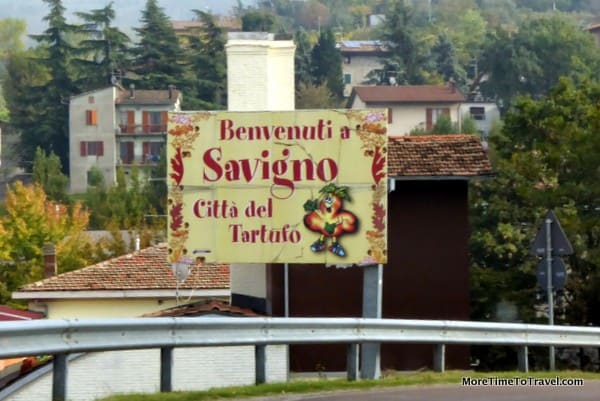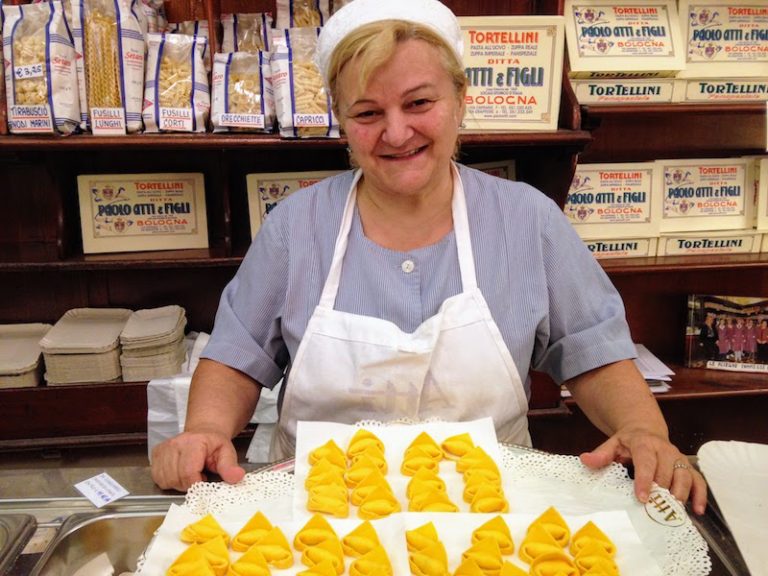A Baja feast down on the farm


The heirloom tomatoes are so juicy and delicious that their memory lingers indelibly on my taste buds. They are the stars in a simple salad topped with sprinkles of feta cheese, and anointed with a splash of olive oil and balsamic vinegar. Perhaps flavors are more intense, too, when you know where the food on your plate comes from.
Tequila Restaurant is located on one of the narrow streets in the historic district of San Jose del Cabo, the sleepy town at the tip of Mexico’s Baja California peninsula. The sculpted metal sign above the door depicts a life-size blue agave plant, the essential ingredient for tequila, the national drink of Mexico. Inside the historic building is an open-air courtyard under the stars and the moon.
My husband and I are seated at a table amidst flowering fruit trees, with whimsical paper lanterns and colorful blown art glass pieces strung between them. Strolling Mariachi musicians provide the perfect ambiance for this breezy setting. Everything on the menu is farm-fresh and organically grown. The succulent seafood comes from the fishmonger at the local market (Mercado Municipal) or directly from the fishermen at La Playita, a nearby fishing village.
The chef sends over an amuse bouche, a giant grilled shrimp sitting on a slice of fried plantain. Then, in perfect synchrony, two waiters serve us each a glass of sparkling wine. After the unforgettable tomato salad, we order the catch of the day as our main course, a generous portion of sushi-grade tuna that has been lightly seared on the outside, served on a bed of creamy, truffle-infused polenta and accompanied by grilled farm-fresh zucchini.
From an extensive wine list, we select a bottle of Casa Baloyan Tres Tintos (2009) that comes from the Guadalupe Wine Valley, Mexico’s version of Napa. We have been vacationing and dining out in Los Cabos for two weeks but tonight’s flan is exceptional.
The source of nature’s bounty
We learned about Tequila Restaurant the day before, when we visited Los Tamarindos, one of only two USDA-certified organic farms in the area. We had signed up for a cooking class there, to be followed by lunch. The farm and its adjoining country-style restaurant are located in Las Animas Bajas, about 10 minutes from San Jose, the last half of which is reached via an unpaved, dirt road, where we pause briefly to let a horse pass by in front of our car.
The cooking school and restaurant are housed in a brick structure built in 1888 by the Castro family, which has been respectfully restored by its present owner, our host and teacher, Chef Enrique Silva.

He proudly walks us though his diversified crops of tomatoes, zucchinis, pumpkin squash, eggplants, poblano peppers, cactus, lettuce, arugula, radicchio, and herbs he has planted on the 14 acres of farmland he purchased about three years ago. Garlic, pepper, and soap are used as natural pest repellants. His latest venture is to produce a line of organic seeds for export and he tells us that he hopes to have six bungalows built for agritourismo in the coming year.
Silva was a pioneer who arrived in San Jose more than two decades ago from Navojoa, Sonora, on mainland Mexico. Trained as an agricultural engineer, he came in search of new opportunities, in what was then a small town with a population of less than 3000. In the 80s, he witnessed a tremendous influx of federal monies that catapulted tourism, creating infrastructure, jobs, golf courses, luxury resorts and vacation homes that swelled the population of San Jose to almost 70,000.
He has been co-owner and executive chef of Tequila for more than fifteen years. While he has watched other businesses, especially restaurants, come and go—Silva has been a mainstay in the Baja culinary world. His menus are authentic, creative and use only high-quality ingredients. Celebrity chef Rick Bayless, host of Mexico: One Plate at a Time, recently visited with him for a PBS cooking segment.
Lunch on the farm
Silva’s greatest joy seems to be overseeing the growth of Los Tamarindos, where he has welcomed a steady stream of devotees of fresh, locally-sourced foods. After the farm tour, our group of nine assembles on both sides of a long table with colorful cutting boards at each place to prepare lunch. A cornucopia of vegetables and herbs sits on the large granite counter beside the stone oven.
The farmer-in-chief created the farm because he wanted to be sure he had the freshest produce and herbs for his own cooking. But Los Tamarindos now provides organic products not only to his own two restaurants but also to some of the upscale resort properties, such as Las Ventanas, One & Only Palmilla, Capella Pedregal, and Esperanza. They can also be purchased at the local organic farm market, held each Saturday between 9-3.
In perfect English, he teaches us about local ingredients as we learn new techniques and recipes. We prepare a meal of roasted tomato soup (sopa de tomate horneado); fresh regional cheese (called Menonita) served on an fragrant, indigenous leaf called hoja santa; and sea bass (corvina) cooked in a banana leaf with achiote (a flavorful, rust-colored paste made from seeds) along with a side of green rice, colored with a blend of basil, cilantro, oil and garlic. He serves dulce de calabaza for dessert, a squash that’s been cooked in raw sugar for hours, accompanied by fresh whipped cream.

We move to an outdoor patio table beautifully set with rustic dinnerware and savor our meal over wine. Both the chef and the setting are so relaxed that it’s easy to lose track of time. The four-hour lesson has already gone on for six.
At Los Tamarindos, Chef Silva teaches visitors about sustainable farming but one of his most gratifying roles is inviting local students here to learn where their food comes from so they can some day become farmers, or at least, educated consumers.
Silva is more of a realist than a Don Quixote. “There’s no future in farming,” he says. He tells us that he receives no subsidies from the government and instead counts on the proceeds of his restaurant in town to maintain the farm. “Many fail but some are lucky,” he says. “People continue in agriculture for the tradition, not the money.”
IF YOU GO
Tequila Restaurant
Manuel Doblado 1011, San Jose del Cabo, Baja Sur
Dinner daily, 6-10:30PM
Los Tamarindos Farm
Open Daily from Noon to 10PM
4-hour cooking class with lunch $85
[Published in the Chicago Tribune – March 4, 2012]






2 Comments